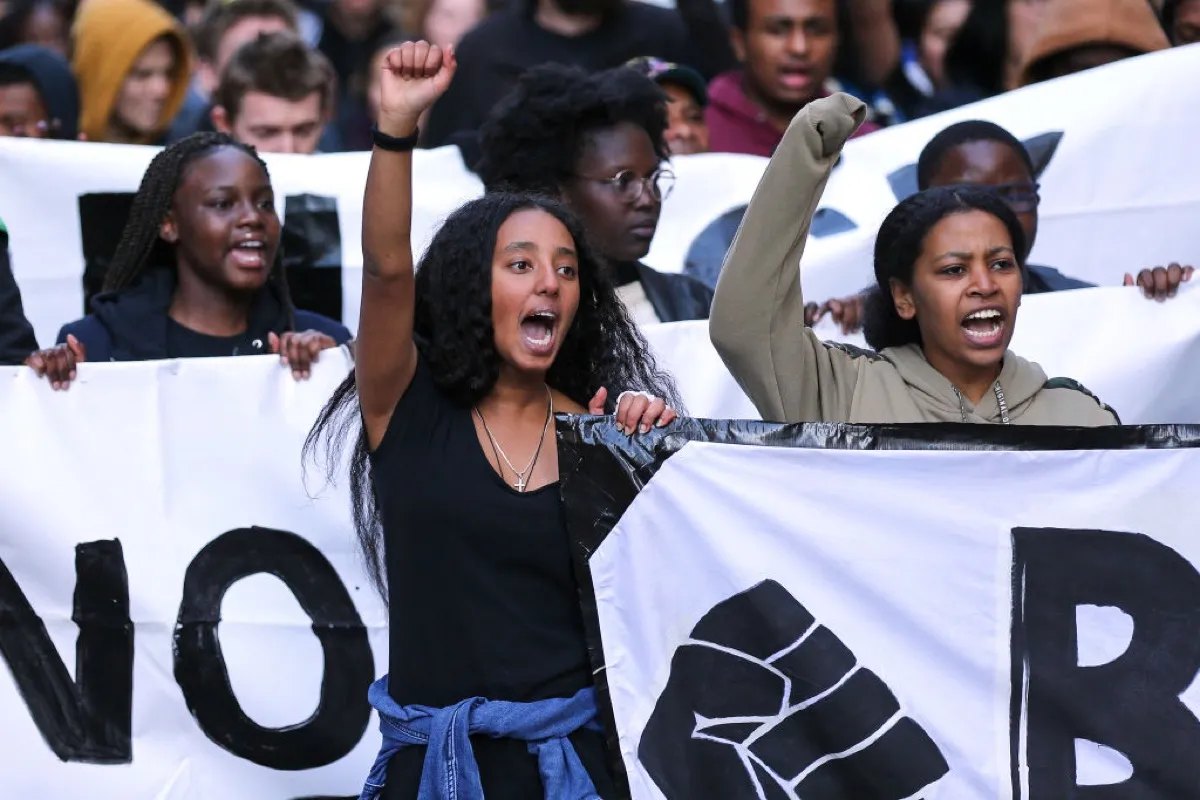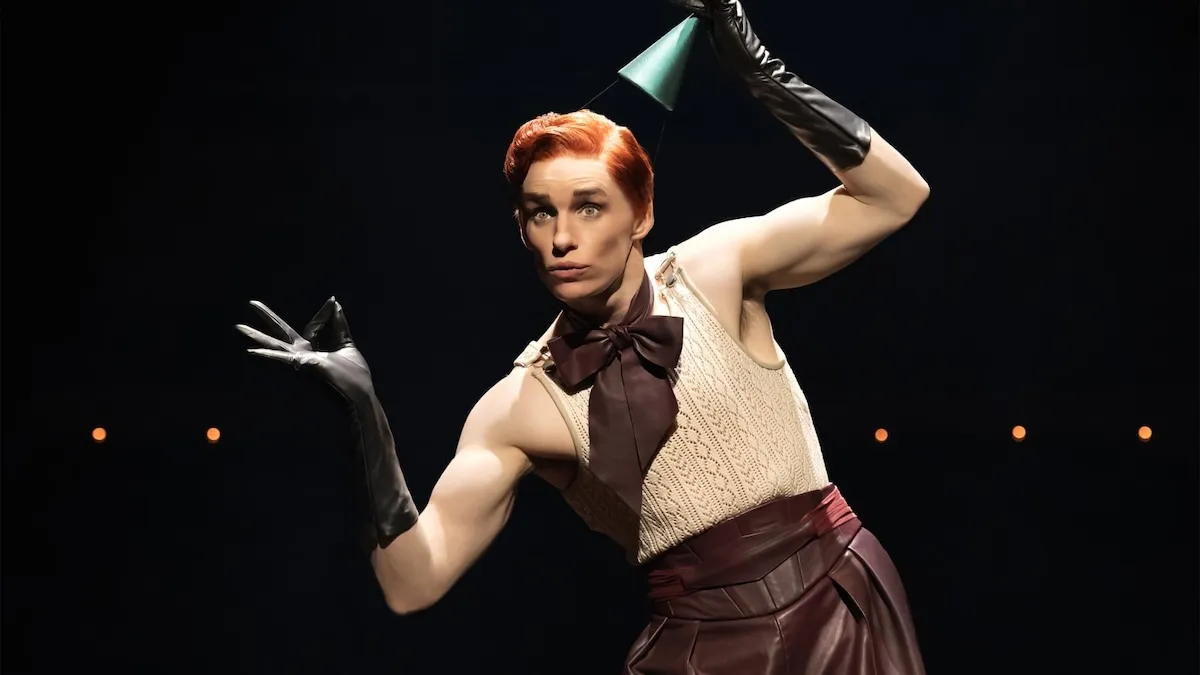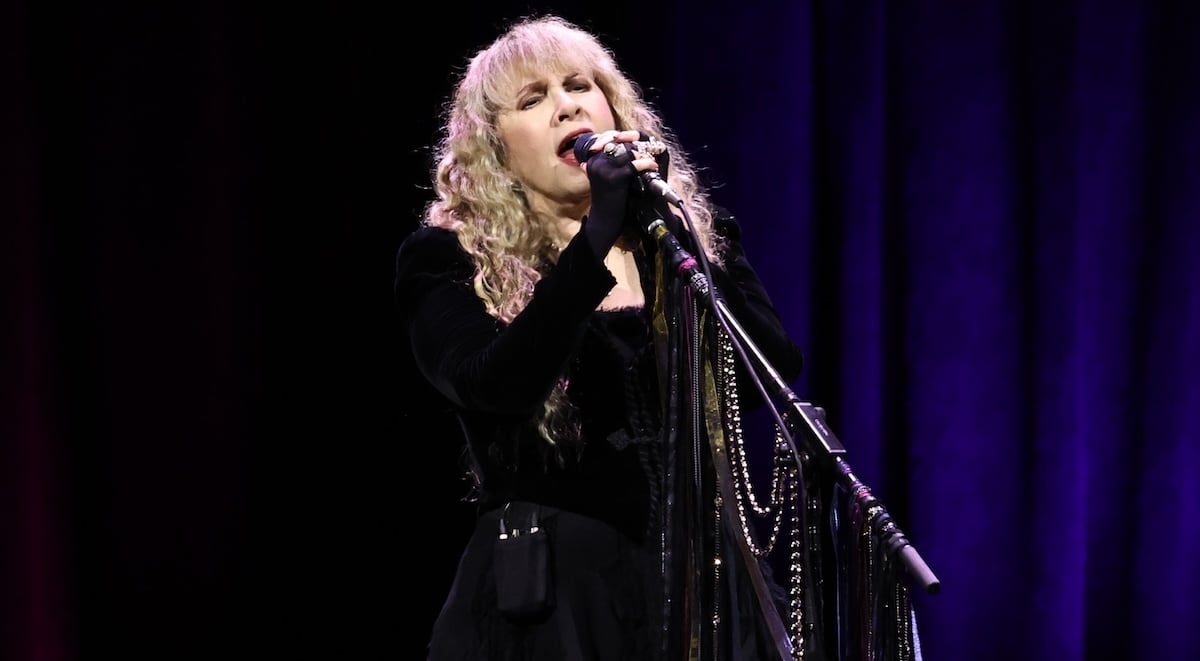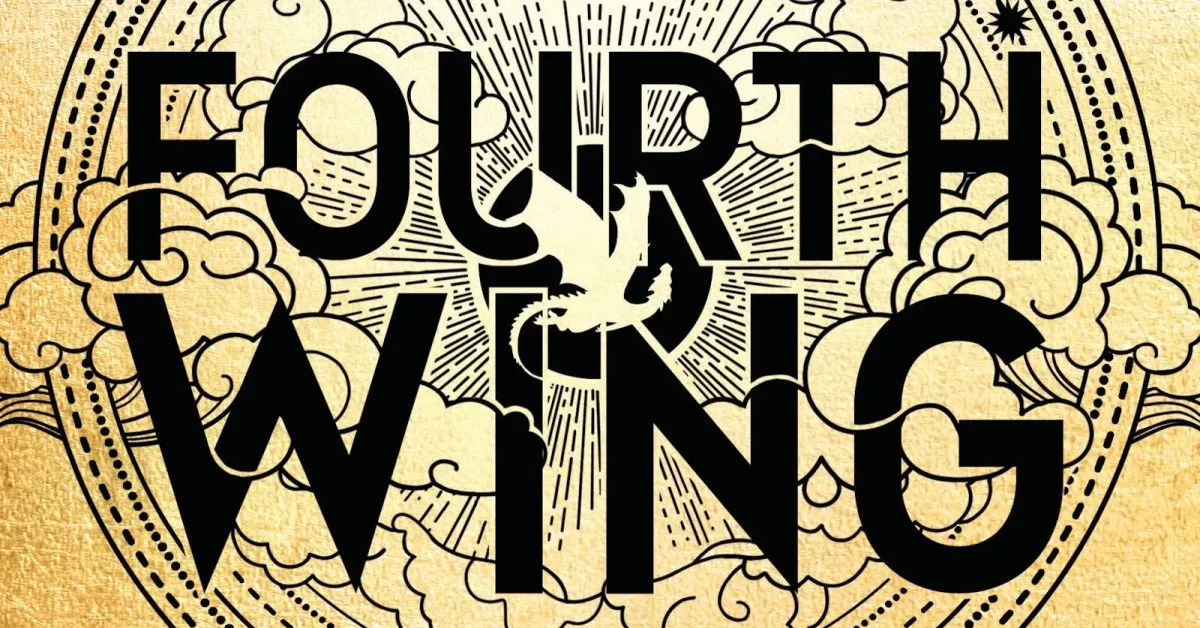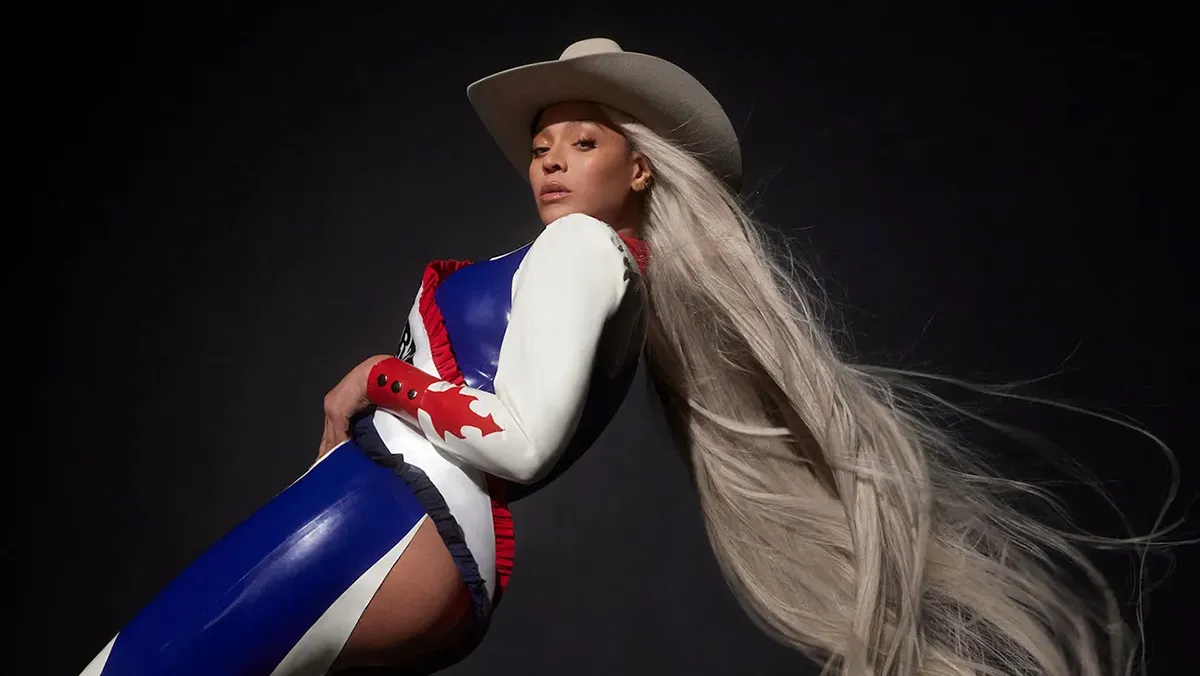Every quarter, researchers at the Oxford English Dictionary survey the landscape and add new words to what is considered the standard dictionary by which we should abide. One of the words added in recent years is “woke,” which you’re no doubt familiar with, but let’s talk about what it really means and where it came from.
The latest OED update occurred in September of 2022, when terms like side hustle—n. U.S. colloquial (originally in African-American usage) a part-time job or occupation undertaken in addition to one’s main job in order to earn extra income)—were added, and updates to words like influencer—n. A well-known or prominent person who uses the internet or social media to promote or generate interest in products, often for payment—were implemented.
While there are many conflicting ideas as to whether or not slang belongs in the official dictionary, there is a clear process for how these words are added. The vigorous vetting process can see hundreds to thousands of words considered every quarter, and the underlying criteria are usage and consensus—but we have to remain cognizant of usage by whom.
Side hustle, for example, is a term that’s been used in the Black community for decades, but was only added to the dictionary this year. Is that an inherent problem on its own? No, but it must be noted that when other communities besides Black people started using the term, only then was it deemed valid enough. This comes on the heels of people misappropriating African American Vernacular English (AAVE), as “internet slang” on TikTok to the point where Henry Louis Gates Jr. will be tackling an Official AAVE Dictionary With Oxford Dictionary.
Interesting, but we’re here to talk about “woke.”
woke, adjective: Originally: well-informed, up-to-date. Now chiefly: alert to racial or social discrimination and injustice; frequently in stay woke.
Oxford English Dictionary
Though created nearly 100 hundred years ago by Black Americans to warn each other about racist violence, the word is now mainly used derisively by conservative voices who oppose the emancipation of marginalized groups.
‘Wokeness’ has been here for a century
Woke was one of the words added to the OED in 2017, and you would think that being “alert to racial or social discrimination and injustice” would be a good thing, but conservatives and Republicans have not had a good night’s rest since. I would, in turn, make the argument that the word itself has undergone such an intense shift since 2017 that it’s due to for an update.
Prior to 2014, if you asked a person outside of the Black community what that word meant, they’d have no clue. Woke, as a political concept, came into mainstream consciousness in 2014, largely connected to Ferguson and the killing of Mike Brown. In that instance, “stay woke” become linked to the Black Lives Matter Movement and police brutality, but in actuality, the word has been used to refer to some level of Black consciousness since the 20th century.
The earliest documented contemporary reference comes from Jamaican political activist and philosopher Marcus Garvey, in 1923, through a collection of ideas in which he urged the black diaspora to “Wake Up!” and have a degree of social and political awareness Garvey. The word then popped back up in a 1938 song called Scottsboro Boys by Blues musician Lead Belly. It described how a group of nine Black teenagers where accused of raping two white women in 1931. In the song, Belly directly uses “stay woke” as an call for Black Americans to be aware of white supremacists amongst them.
If you’re woke, you dig it
The term emerged once again in a 1962 piece published by The New York Times, written by William Melvin Kelly, entitled If You’re Woke You Dig It; No mickey mouse can be expected to follow today’s Negro idiom without a hip assist. If You’re Woke You Dig It. The piece does not not give a definition of “woke” but rather examines the role language plays in the discourse.
The piece speaks to the ever shifting nature of Black vernacular, and being “woke” must include gatekeeping Black English from white audiences that would choose to exploit it—and so said so done. An AAVE dictionary might sound like a good idea in theory, but with the amount of people that often misuse and appropriate it on social media, they might have to put a bit more thought into that one, because not everything should be accessible to the masses.
In one of his seminars, Kelly said, “I would say there were two languages that were created by African Americans. One that is being created so that African people could communicate with European people and another language for African people to communicate with other African people. I imagine that at that point, English was the common language that we were using. So, OK, we would use English words, but we use them in an African way. That process takes a long time … It’s a question that African Americans will have to answer. Do we let it die out and learn standard English, or do we keep them both and develop a language and literature in both?”
Though the loose idea can be traced back to Garvey, its contemporary usage stems from Kelly, which is why in 2014 the OED credited him with the coining of the term as it’s used today. According to Kelly, Black Americans have always had to engage with coded language since slavery to protect themselves and to communicate with one another. “If your master did not know what you were talking about, he could not punish you, and you could maintain your ignorance and innocence.”
With the advent of social media and speed at which information travels, it seems like this mindset is on its way to being obsolete.
Expression through music
The the most literal form of the word—slang for trying not to sleep—spread through Black jazz music in the ’60s, but its political meaning was once again brought to the forefront by Erykha Badu’s rendition of “Master Teacher,” originally sung by Georgia Anne Muldrow.
Even if yo baby ain’t got no money
To support ya baby, you
(I stay woke)
Even when the preacher tell you some lies
And cheatin’ on ya mama, you stay woke
(I stay woke)
Even though you go through struggle and strife
To keep a healthy life, I stay woke
(I stay woke)
Everybody knows a black or white, there’s
Creatures in every shape and size
(I stay woke)
Erykah Badu – Master Teachers
Thus began its use on social media, as #staywoke in conjunction with #blacklivesmatter.
The term blew into the mainstream mainstream with Jordan Peele’s Get Out, the opening of which features the hit “Redbone” by Childish Gambino. On the surface, the song references a cheating partner, but when played in the context of a film like Get Out, where the main character has to literally stay awake in order to mitigate white violence, the track harkens back to the political side of the coin.
Pride goeth before the fall
As with many things, when something starts to gain popularity, its detractors will be waiting in the wings. Once presented to a white audience, it wasn’t long before critics began to take shots at “woke culture” and misrepresenting a term that originated from the protection of Black people into “cancel culture.” Some people viewed the term as performative, nothing but a Twitter hashtag that had no real bearing on the outside—an uninformed opinion, but one that spread like wildfire, as they often do.
Before long, cries about “the woke mob” (a leftist entity designed to tear down the lives of conservatives—sarcasm, if you didn’t catch it) began to overshadow the original meaning. Suddenly, people everywhere were petrified of being canceled by said mob, which leads me to a tangent.
Cancellation does not have a culture
“Cancel,” another Black term that was co-opted, bastardized, and turned into a culture, is woke’s fraternal twin. Cancel Culture generally refers to the ending of one’s career through people getting angry on Twitter. (There’s that sarcasm again.) This usually happens when some aspect of said person’s personality is brought to light, e.g. racism, homophobia, or transphobia. I’m pretty sure you’ve already heard it, but if not, here’s for the people in the back: Cancel Culture doesn’t exist.
Someone getting rightfully called out for bigoted comments isn’t “canceling” them; it’s holding them accountable and, in most cases, it doesn’t mean anything. J.K. Rowling comes out every two business days to remind us of how transphobic she is, and she’s still a billionaire and able to publish books just fine, and Netflix told us how they feel about Dave Chapelle’s transphobia, as well. If anything, it’s the marginalized communities that speak up who end up loosing things.
And when it comes to powerful people that have been actually “canceled” with the help of social media, it’s only some sexual predators, i.e. Harvey Weinstein and Bill Cosby. Why would you want either of those people back?
Woke as the new “PC culture”
The battle over the word “woke” is about more than language or a simple misunderstanding. It’s a right-wing dog whistle to stifle discussion about institutional injustice. At the end of the day, all of this leads back to racism and anti-blackness. It was once called PC Culture, but in the contemporary discourse, “wokeness” has become inextricable from blackness. Therefore, when conservative pundits are fear-mongering over “cancel culture” and the “woke mob,” the dog whistles can be heard from a mile away. Today, “woke” is already seen as cringe by non-Black progressives, while it’s still being used in some Black communities in the hopes of restoring its original meaning—while, as Kelly said, there’s already something new to replace it.
(featured image via CNN)



